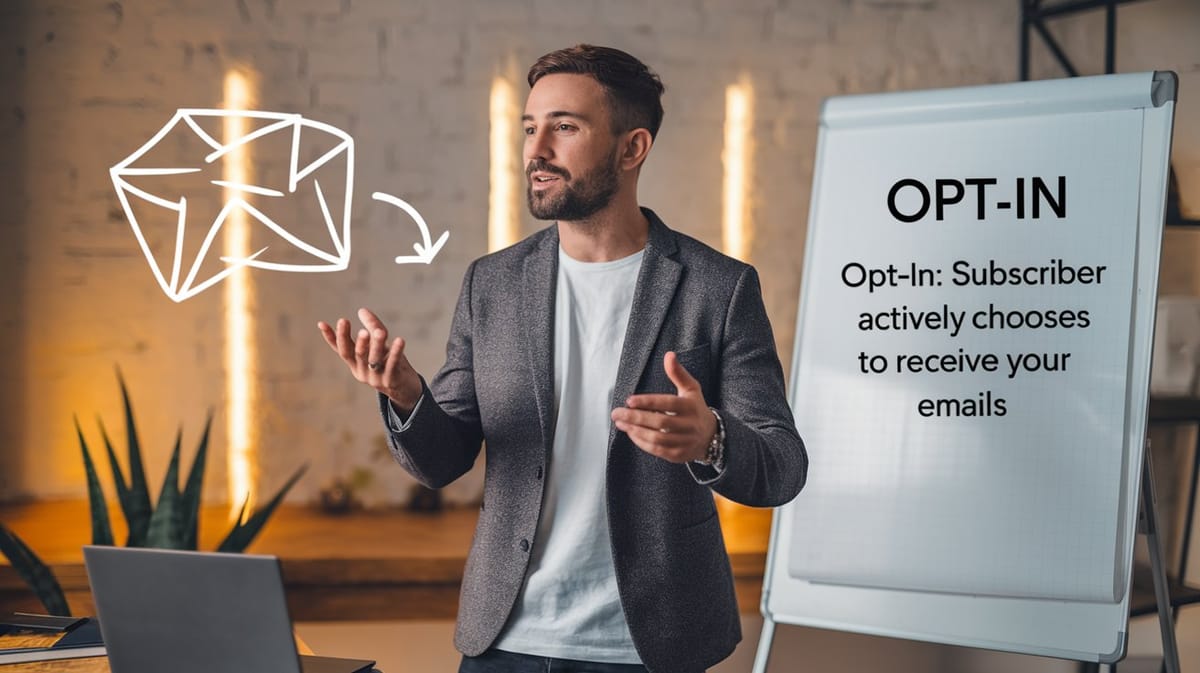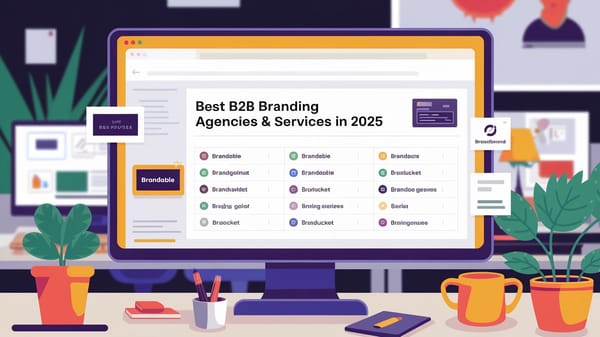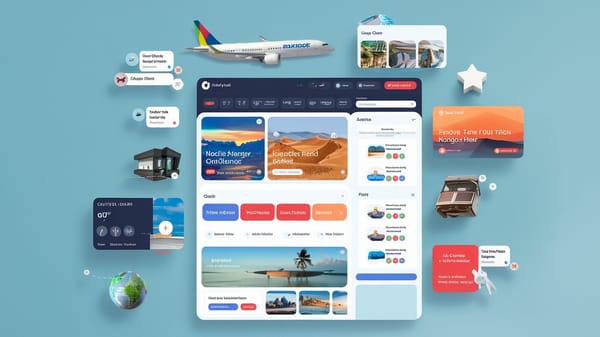What is opt-in?

In the digital age, email marketing remains a pivotal tool for businesses to engage with their audience. However, the effectiveness of email marketing largely hinges on the strategy employed to gather and utilize email addresses. One such strategy is opt-in email marketing, which has gained prominence due to its emphasis on consent and engagement. This report delves into the concept of opt-in email marketing, exploring its types, benefits, legal implications, and best practices, supported by insights from various sources.
You can also visit Oncely.com to find more Top Trending AI Tools. Oncely partners with software developers and companies to present exclusive deals on their products. One unique aspect of Oncely is its “Lifetime Access” feature, where customers can purchase a product once and gain ongoing access to it without any recurring fees. Oncely also provides a 60-day money-back guarantee on most purchases, allowing customers to try out the products and services risk-free.
Oncely are hunting for the most fantastic AI & Software lifetime deals like the ones below or their alternatives:

Understanding Opt-In Email Marketing
Opt-in email marketing is a permission-based approach where businesses obtain explicit consent from individuals before sending them marketing emails. This strategy ensures that only those who have shown genuine interest in a brand's offerings receive communications, thereby enhancing engagement and reducing the likelihood of emails being marked as spam (Campaign Refinery).
Types of Opt-In
Opt-in email marketing is primarily categorized into two types: single opt-in and double opt-in.
- Single Opt-In: This is a straightforward process where users provide their email addresses and are immediately added to the mailing list. While it simplifies the subscription process, it carries the risk of accumulating fake or incorrect email addresses, as there is no verification step (Campaign Refinery).
- Double Opt-In: This method involves an additional step where users must confirm their subscription via a verification email. This process ensures higher quality leads and consent, as it verifies the subscriber's intent and email address validity (Website Policies).
Benefits of Opt-In Email Marketing
Opt-in email marketing offers several advantages, making it a preferred choice for businesses aiming to build meaningful relationships with their audience.
Enhanced Engagement
When individuals voluntarily opt-in to receive emails, they are more likely to be interested in the content, leading to higher open rates, click-through rates, and conversion rates (AWtomator). This engagement is crucial for the success of email campaigns, as it indicates a receptive audience.
Legal Compliance and Trust
In many jurisdictions, obtaining opt-in consent is not just a best practice but a legal requirement. For instance, the General Data Protection Regulation (GDPR) in the European Union mandates that businesses cannot send marketing emails to EU residents without their explicit consent (Campaign Refinery). Complying with such regulations fosters trust and credibility, as it demonstrates a brand's commitment to respecting user privacy.
Improved Sender Reputation
Maintaining a clean and engaged email list is vital for preserving a positive sender reputation. Opt-in email marketing helps achieve this by ensuring that emails are sent only to interested recipients, reducing the risk of being marked as spam. This approach is further supported by tools like Campaign Refinery's automatic list-cleaning feature, which removes harmful emails before they are sent out (Campaign Refinery).
Legal Implications
The legal landscape surrounding email marketing has evolved significantly, with data privacy regulations playing a central role. Opt-in email marketing aligns with these regulations by emphasizing explicit consent and transparency.
GDPR and Other Regulations
The GDPR is a landmark regulation that underscores the importance of explicit consent in email marketing. It requires businesses to obtain clear and affirmative consent from individuals before sending them marketing communications. Non-compliance can result in hefty fines and legal repercussions (Campaign Refinery).
Opt-Out vs. Opt-In
Opt-out email marketing, where users are automatically subscribed and must take action to unsubscribe, is considered less privacy-friendly. It places the burden on individuals to avoid unwanted communications, which can lead to negative perceptions of a brand. In contrast, opt-in marketing is seen as more respectful of user preferences and privacy (Securiti).
Best Practices for Opt-In Email Marketing
Implementing opt-in email marketing effectively requires adherence to certain best practices that enhance user experience and campaign success.
Simplifying the Opt-In Process
Making the opt-in process simple and intuitive encourages more users to subscribe. Clear calls-to-action and easy-to-navigate sign-up forms can significantly increase opt-in rates (Campaign Refinery).
Transparency and Value Proposition
Informing users about what they can expect from subscribing, such as the type and frequency of emails, helps set clear expectations. Offering incentives, like exclusive content or discounts, can further entice users to opt-in (Campaign Refinery).
Utilizing Double Opt-In
Employing a double opt-in process not only verifies the authenticity of email addresses but also reinforces the user's decision to subscribe. This practice leads to healthier email lists and improves deliverability rates (Bloomreach).
Regular List Maintenance
Regularly cleaning and updating the email list is crucial for maintaining engagement and avoiding spam complaints. Removing inactive or incorrect email addresses helps keep the list relevant and effective (Campaign Refinery).
Conclusion
Opt-in email marketing stands as a cornerstone of effective digital marketing strategies, emphasizing consent, engagement, and compliance. By obtaining explicit permission from individuals, businesses can foster trust, enhance engagement, and comply with legal requirements. The adoption of best practices, such as simplifying the opt-in process and utilizing double opt-in, further strengthens the effectiveness of email campaigns. As data privacy regulations continue to evolve, opt-in email marketing will remain a vital tool for businesses seeking to build meaningful relationships with their audience.





